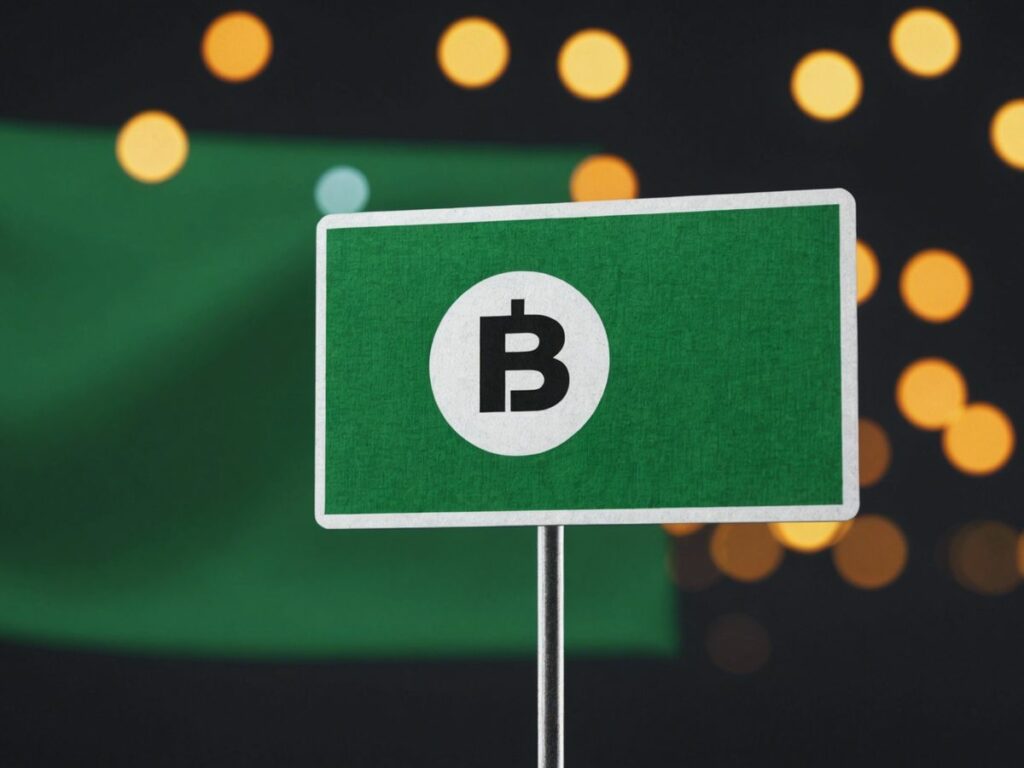Nigeria has taken a significant step in regulating cryptocurrency activities by restricting access to major crypto exchange websites, including Binance and Coinbase. This move is part of a broader effort to curb financial crimes and stabilize the national currency, the Naira.
Key Takeaways
- Nigeria has directed telecom firms to block access to Binance, Coinbase, and other crypto websites.
- The restriction aims to reduce crypto speculation and financial crimes.
- This comes after the Central Bank of Nigeria lifted its ban on crypto transactions.
- Binance is working to ensure regulatory compliance in Nigeria.
- The Nigerian government accuses crypto exchanges of manipulating the Naira.
Background
Nigeria, often considered one of the most crypto-savvy nations globally, has recently tightened its regulations on cryptocurrency activities. Despite lifting a previous ban on crypto transactions, the Central Bank of Nigeria (CBN) has now directed telecom companies to restrict access to popular crypto exchange websites like Binance, Coinbase, and OctaFX.
This decision follows a series of regulatory measures aimed at curbing financial crimes and stabilizing the Naira. The CBN had initially banned crypto transactions in 2021 but reversed this decision a few months ago, allowing lenders to open accounts for crypto firms.
Government’s Stance
The Nigerian government has been vocal about its concerns regarding the impact of cryptocurrency on the national economy. The Special Adviser to President Bola Tinubu on Information and Strategy, Mr. Bayo Onanuga, has accused crypto exchanges of manipulating the Naira, contributing to its depreciation in the forex market.
Mr. Onanuga has called for immediate action from the Economic and Financial Crimes Commission (EFCC) and the CBN to address these issues. He has also suggested that other crypto platforms like Kucoin and Bybit should be banned from operating in Nigeria.
Binance’s Response
In response to the restrictions, Binance has emphasized its commitment to regulatory compliance and user protection. The exchange has implemented stringent measures, including real-time monitoring and the removal of non-compliant advertisements, to ensure a secure trading environment for its users.
A Binance spokesperson stated, "We have stringent measures in place to protect users in the market, including real-time monitoring, immediate removal of non-compliant advertisements, and permanent removal of bad actors from using our P2P product."
Public Reaction
The restriction has sparked a range of reactions from the public. Some users have expressed their frustration on social media platforms like X (formerly Twitter), while others are exploring alternative ways to engage in crypto trading.
One user posted, "Binance don’t work in Nigeria anymore, you just can’t open the app. I believe we know our alternative."
Future Implications
The restriction on access to crypto exchange websites in Nigeria marks a significant development in the country’s approach to cryptocurrency regulation. While the move aims to curb financial crimes and stabilize the Naira, it also raises questions about the future of crypto trading in one of the world’s most crypto-savvy nations.
As Nigeria continues to navigate the complexities of cryptocurrency regulation, the global crypto community will be closely watching how these measures impact the market and user behavior.
